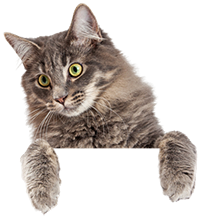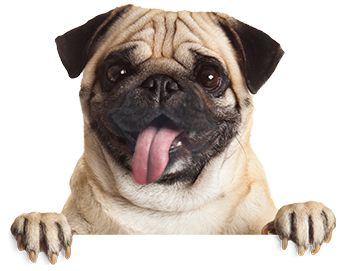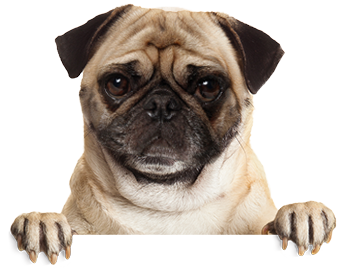Expert Ear Surgery for Pets in Marion, IN
Welcome to Kem Road Animal Hospital, your trusted choice for ear surgery in Marion. Our experienced veterinary team delivers compassionate, advanced care to help pets find relief from chronic ear problems.
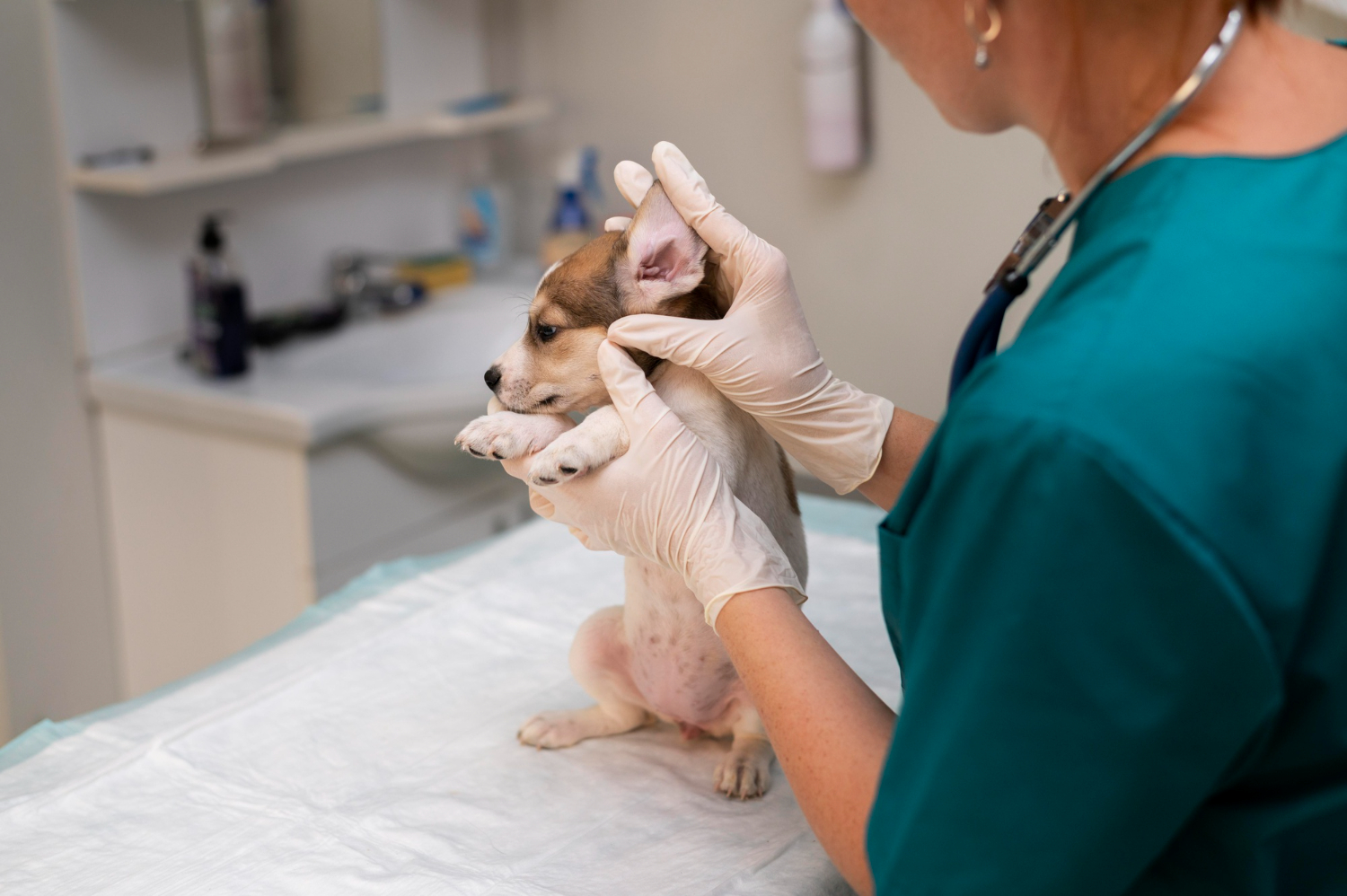
Understanding Ear Surgery
Ear surgery for pets is a specialized service aimed at treating chronic infections, tumors, hematomas, or congenital abnormalities in your pet’s ears. In many cases, these issues don’t resolve with medication alone; surgery becomes necessary to restore health and comfort.
At Kem Road Animal Hospital, we prioritize your pet’s wellbeing at every step. Our team understands that persistent ear pain or infections can severely impact your pet’s quality of life. Ear surgery can eliminate sources of discomfort, prevent dangerous complications, and help pets regain normal activity.
Our veterinarians have extensive experience performing a variety of ear surgeries, from hematoma repair to more complex procedures. We use advanced technology and a personalized approach to ensure each pet receives the highest standard of care. Kem Road Animal Hospital is dedicated to providing Marion, IN pets with safe, effective surgical solutions for their ear health needs.
What to Expect During Ear Surgery
When you schedule pet ear surgery in Marion with our practice, we guide you through each phase. Our caring team keeps you informed, and your pet receives individualized attention for safety and comfort.
Pre-Surgical Assessment and Consultation
Every ear surgery begins with a thorough evaluation, including an exam and diagnostic testing. Our veterinarians assess your pet’s overall health, the condition of the ear, and discuss treatment options.
Digital radiography, available onsite, may be used to evaluate deeper issues within the ear canal. The team will also answer all your questions, explaining the procedure and recovery to ensure you feel confident in your decision.
Anesthesia and Patient Monitoring
On the day of surgery, our veterinarians use safe, carefully monitored anesthesia protocols tailored to your pet’s needs. Our medical team tracks vital signs and provides supportive care throughout the procedure.
State-of-the-art monitoring equipment allows us to maintain the highest level of surgical safety. Your pet’s comfort and wellbeing remain our top priority at every stage.
Surgical Procedure
During the operation, our veterinary professionals perform the required repair or correction, this may include removing growths, repairing damaged tissue, or treating hematomas. Dr. Busick and Dr. McAdams are skilled in a range of procedures, utilizing techniques that minimize trauma and promote faster healing.
Laser therapy may be used to reduce swelling and aid in post-surgical recovery. We take great care to reduce pain and decrease the risk of complications.
Postoperative Care and Pain Management
After surgery, your pet is closely monitored as they recover from anesthesia. Our team provides individualized pain management, including appropriate medications and laser therapy if indicated.
You’ll receive clear instructions on at-home care, signs to watch for, and when to return for rechecks or suture removal. Our support continues after you return home, contact us anytime with concerns.
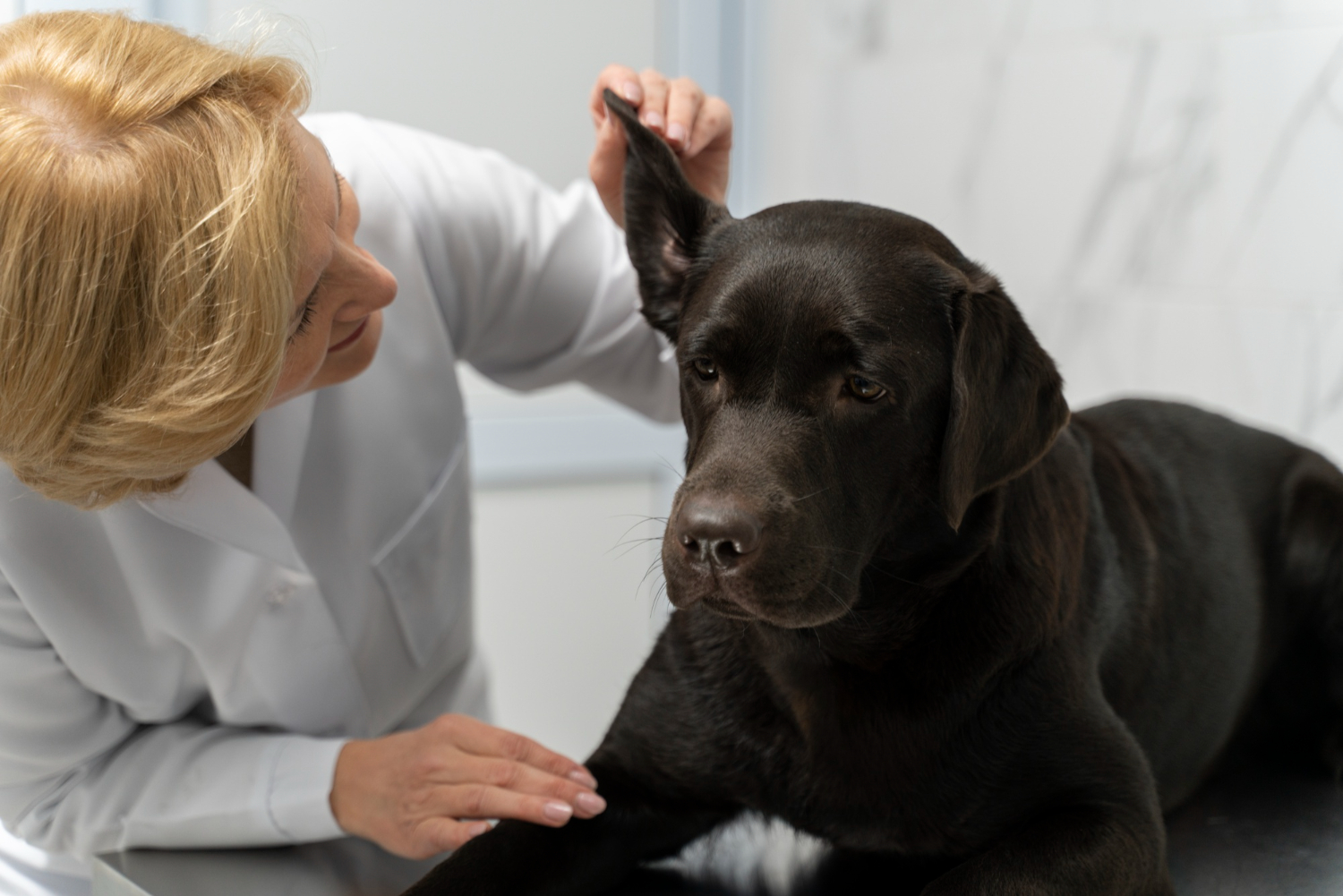
Why Ear Surgery is Important for Your Pet
Chronic ear conditions can cause intense pain and may worsen over time without intervention. Ear surgery can resolve problems that do not respond to less invasive treatments, allowing your pet to live more comfortably.
This procedure helps prevent recurrent infections, permanent hearing loss, and serious complications that affect your pet’s wellbeing. By addressing the root issue, ear surgery restores comfort and improves your pet’s daily life.
Stops Recurring Infections
Ear surgery can eliminate chronic infections that persist despite repeated medical treatments. Removing affected tissue or correcting structural issues can finally give your pet lasting relief.
Reduces Pain and Discomfort
Pets with ear problems often experience ongoing pain, shaking their heads or scratching constantly. Surgery quickly resolves these issues, ending daily discomfort.
Prevents Complications and Promotes Healing
Left untreated, ear problems can lead to severe swelling, ruptures, or deeper infections. Surgical intervention can protect your pet’s long-term health and reduce the risk of hearing loss.
Signs Your Pet May Need Ear Surgery
If you notice ongoing signs of ear trouble, it’s time to consult with our veterinary team. Prompt attention ensures quicker recovery and prevents serious harm.
- Persistent scratching at the ear
- Recurrent ear infections
- Swelling or bleeding of the ear flap
- Noticeable discharge or odor from the ear
- Head tilting, loss of balance, or pain when touched
If your pet is experiencing any of these symptoms, contact Kem Road Animal Hospital as soon as possible. Timely treatment is crucial, ear issues can progress quickly if not addressed.
How Often Should Your Pet Receive Ear Surgery?
Ear surgery is generally required as a one-time procedure, based on specific medical needs. Repeated surgeries are uncommon unless new issues develop, or if chronic problems persist due to underlying conditions.
The need for ear surgery depends on factors like age, breed, health history, and how a pet responds to treatment. For instance, dogs with long, floppy ears or chronic allergies may be more prone to ear problems.
Our veterinarians provide personalized recommendations, monitoring your pet’s ear health at every physical exam. We’re happy to discuss your pet’s risk and the best timeframe for intervention as part of their comprehensive care plan.
Practice Highlights
Kem Road Animal Hospital stands out for advanced pet ear surgery services in Marion, IN. We offer expertise, technology, and a personalized touch that sets our care apart.
- Privately Owned and Operated: Our practice earns trust by treating every pet as a unique individual, not just a number.
- Experienced Surgical Team: Led by Dr. Veronica Busick, certified in rehabilitation and physical therapy, and Dr. Braxten McAdams, our veterinarians are skilled in advanced surgical and medical care.
- Digital Radiography Onsite: Precise diagnosis for better treatment planning and outcomes.
- Laser Therapy for Recovery: Helps reduce swelling, manage pain, and speed healing after surgery.
- Convenient Location and Flexible Care: Serving Marion and surrounding communities, with same-day emergency appointments when needed.

Frequently Asked Questions
Does my pet really need ear surgery, or can medication help?
Sometimes, chronic ear issues can be managed with medication; however, when infections, hematomas, or growths keep recurring, surgery may be the most effective solution. Our veterinarians at Kem Road Animal Hospital can determine if your pet is a candidate for ear surgery in Marion during a thorough exam.
How much does pet ear surgery cost, and how long does it take?
The cost and duration of ear surgery vary depending on your pet’s condition and the complexity of the procedure. We strive to provide straightforward estimates before scheduling surgery. Please call our team at (765) 664-0711 to discuss your pet’s specific needs.
How should I prepare my pet for ear surgery, and what is recovery like?
Your veterinarian will give you clear instructions before surgery; typically, pets need to fast the night before. After surgery, we provide full aftercare guidance and pain management, and we’re always available to answer your questions.
What kinds of conditions are treated with ear surgery?
Common problems we address include persistent infections, hematoma repairs, masses or polyps, and congenital defects. Veterinary ear surgery in Marion is recommended when other treatments no longer work or if your pet’s ear is at risk.
How do I schedule an ear surgery appointment or ask about available times?
You can call our office during regular hours, Monday, Tuesday, Wednesday, or Friday, from 8am to 5:30pm, to reserve a consultation. We are conveniently located at 1850 W. Kem Road, Marion, IN 46952, just east of Kendall Elementary School.
Schedule Your Pet's Ear Surgery Appointment Today
If your pet is struggling with chronic ear pain or recurrent infections, let our caring team at Kem Road Animal Hospital help. Call us at (765) 664-0711 to schedule your consultation or ask questions about veterinary ear surgery in Marion.
Visit us at 1850 W. Kem Road, Marion, IN 46952, just east of Kendall Elementary School. We’re here Monday, Tuesday, Wednesday, and Friday from 8am to 5:30pm, ready to provide personalized, expert ear care to Marion pets and those in surrounding communities.
Your pet’s comfort and health are our top priorities. Contact Kem Road Animal Hospital today and discover the difference our experienced, compassionate veterinary team makes.



.jpg)
